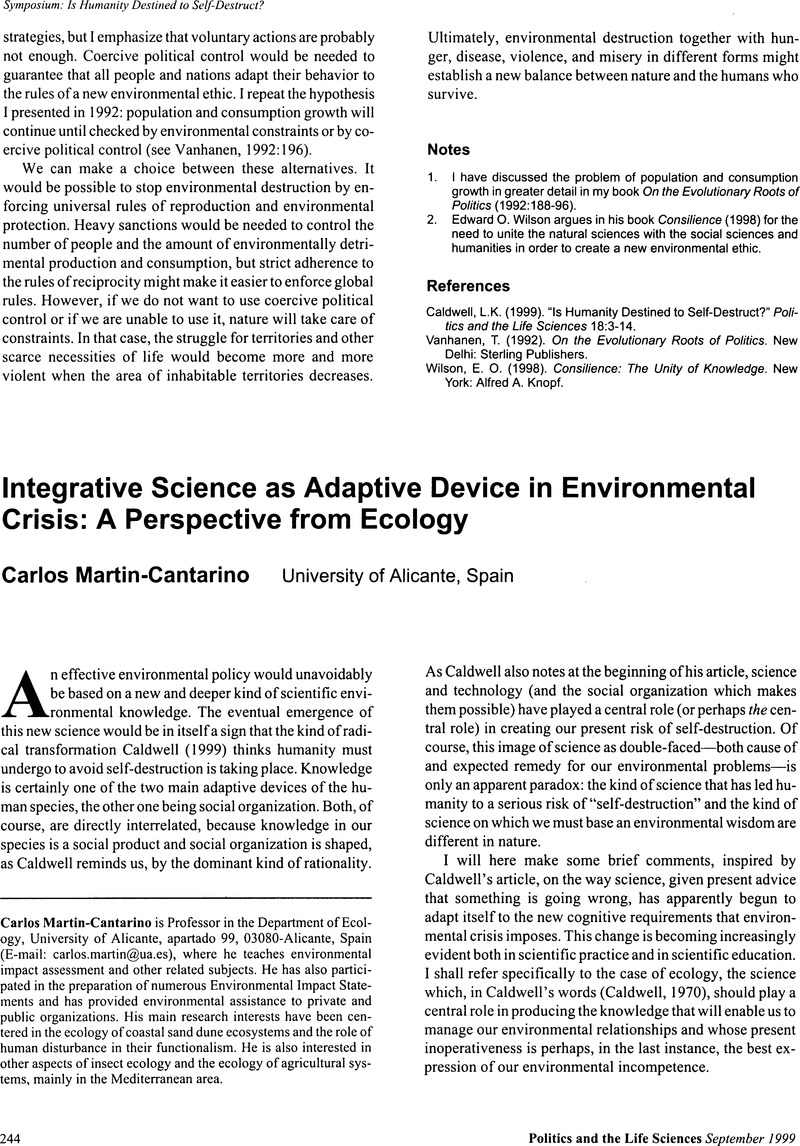Crossref Citations
This article has been cited by the following publications. This list is generated based on data provided by Crossref.
Martín-Cantarino, Carlos
2010.
Coastal Water Bodies.
p.
61.



